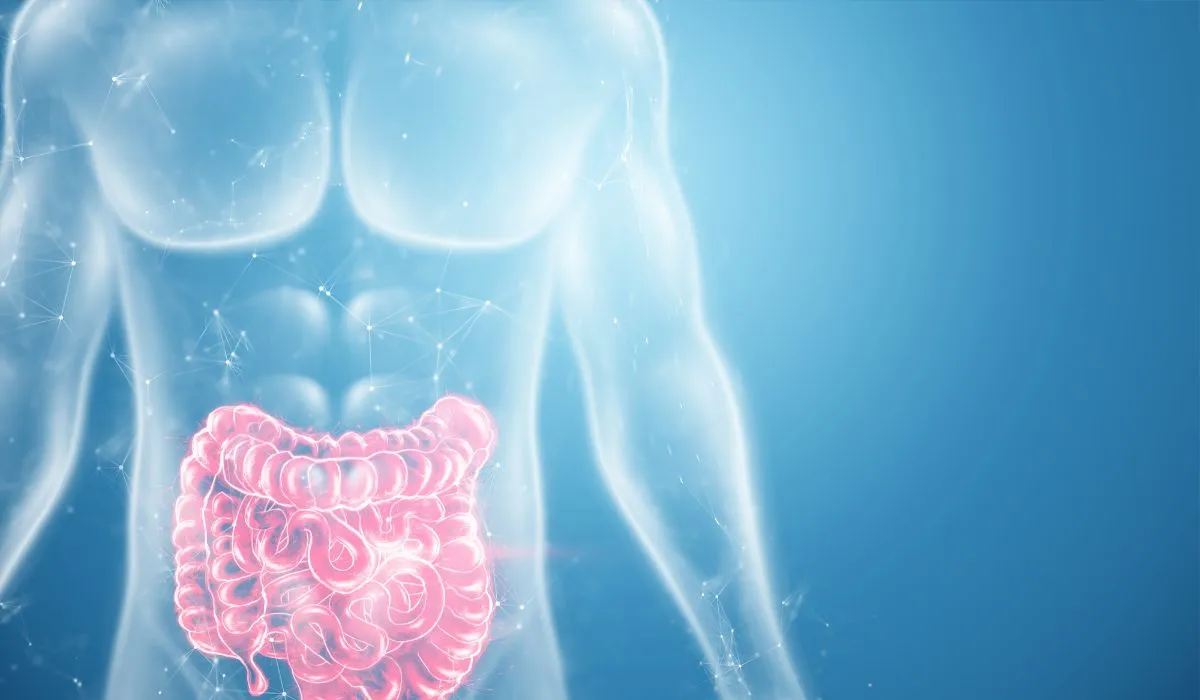
Introduction
Crohn’s disease is a medical condition which still needs to be researched well to arrive at definitive conclusions regarding medications and treatment. Crohn’s disease is very indiscriminate when selecting patients and affects both men and women equally. It is usually diagnosed in the early teens or during the early 20s but can affect a person of any age group.
Description
Crohn’s disease is a chronic inflammatory bowel disease that can affect any part of your digestive tract: right from your mouth to the anus. It mostly occurs in the lower part of the gastrointestinal tract, comprising the small intestine and colon.
Request an Appointment at Smiles
What are the Categories of Crohn’s Disease?
- ● Ileocolitis : Both the lower end of the small intestine, also known as terminal ileum, and the colon are affected.
- ● Ileitis : The ileum is affected.
- ● Gastroduodenal : The beginning of the small intestine called the duodenum and the stomach are affected.
- ● Jejunoileitis : Jejunum or the secondary part of the small intestine, located below the duodenum, is affected.
- ● Granulomatous Colitis : The entire colon suffers from inflammation.
What Causes Crohn’s Disease?
- ● Family History
- ● Impaired immunity
- ● Presence of Mycobacterium avium in the gastrointestinal tract. The immune system misinterprets these bacteria as foreign invaders and lodges a sharp response which results in inflammation.
- ● Excessive consumption of animal proteins
- ● People residing in industrial surroundings and northern climates are more prone to it.
Smoking, stress, and NSAIDs (Non-steroidal anti-inflammatory drugs) can exacerbate the situation but are not directly responsible for Crohn’s disease.
What are the Symptoms of Crohn’s Disease?
- ● Abdominal distension or the expansion of the abdomen due to accumulation of fluids.
- ● Frequent instances of inflammation and their remission
- ● Bloating
- ● Blood in stool
- ● Nausea and vomiting
- ● Itching around anus
- ● Weight loss due to the reduction in intake of food
What are the Complications of Crohn’s Disease?
- ● Inflammation in eyes, skin or joints in the body
- ● Stones in the gallbladder
- ● Ulcers in the mouth
- ● Anemia
- ● Fistula
- ● Abscesses
- ● Cancer in the area having inflammation
- ● Thrombus or blood clots
- ● Osteoporosis or low bone mass
- ● Stroke and depression
How is Crohn’s Disease Diagnosed?
This is preceded by specific queries regarding your family history, diet, and any ongoing medication. Blood and stool samples will be collected. An X-Ray of the gastrointestinal tract may follow it. Other diagnostic techniques which the doctor might use are:
- ● Colonoscopy to examine the colon
- ● Upper endoscopy to inspect the entire area extending till the duodenum
- ● Chromoendoscopy to rule out the possibilities of cancer
- ● Biopsy, which involves extracting tissues from your intestine for further testing
- ● The doctor will ask you to swallow a small camera which is excreted later. It helps in taking images of very remote corners of the intestine.
These diagnostic tests might require you to empty your bowels beforehand. The doctor will guide you about the preparations you’ll need to make.
How is Crohn’s Disease Treated?
Result : Research has shown that around 75% of people having Crohn’s disease will have to undergo surgery at some stage of their life. But, this does not eliminate the disease. Medications can help improve the situation, but they too can’t be taken for long spells. Thus, alternative biotherapies and a healthy lifestyle can help in the long run.
What are the Risks Associated with Treatment for Crohn’s Disease?
- ● Short bowel syndrome, arising from the removal of a portion of the intestine
- ● Cramping
- ● Heartburn
- ● Bile acid diarrhoea
The medication for Crohn’s disease has well-known side effects, which can be as severe as infertility in men.
Request an Appointment at Smiles
FAQ's
What Changes can I make in my Dietary Habits to Reduce the Effect of Crohn’s Disease?
What are the Alternative Therapies for Crohn’s Disease?
Can I Inherit Crohn’s Disease from my Parents?
Is the Surgery for Crohn's Disease Effective?
How Serious is Crohn’s Disease?
Need Help?
For any Information about our Locations, Doctors or Treatments.
